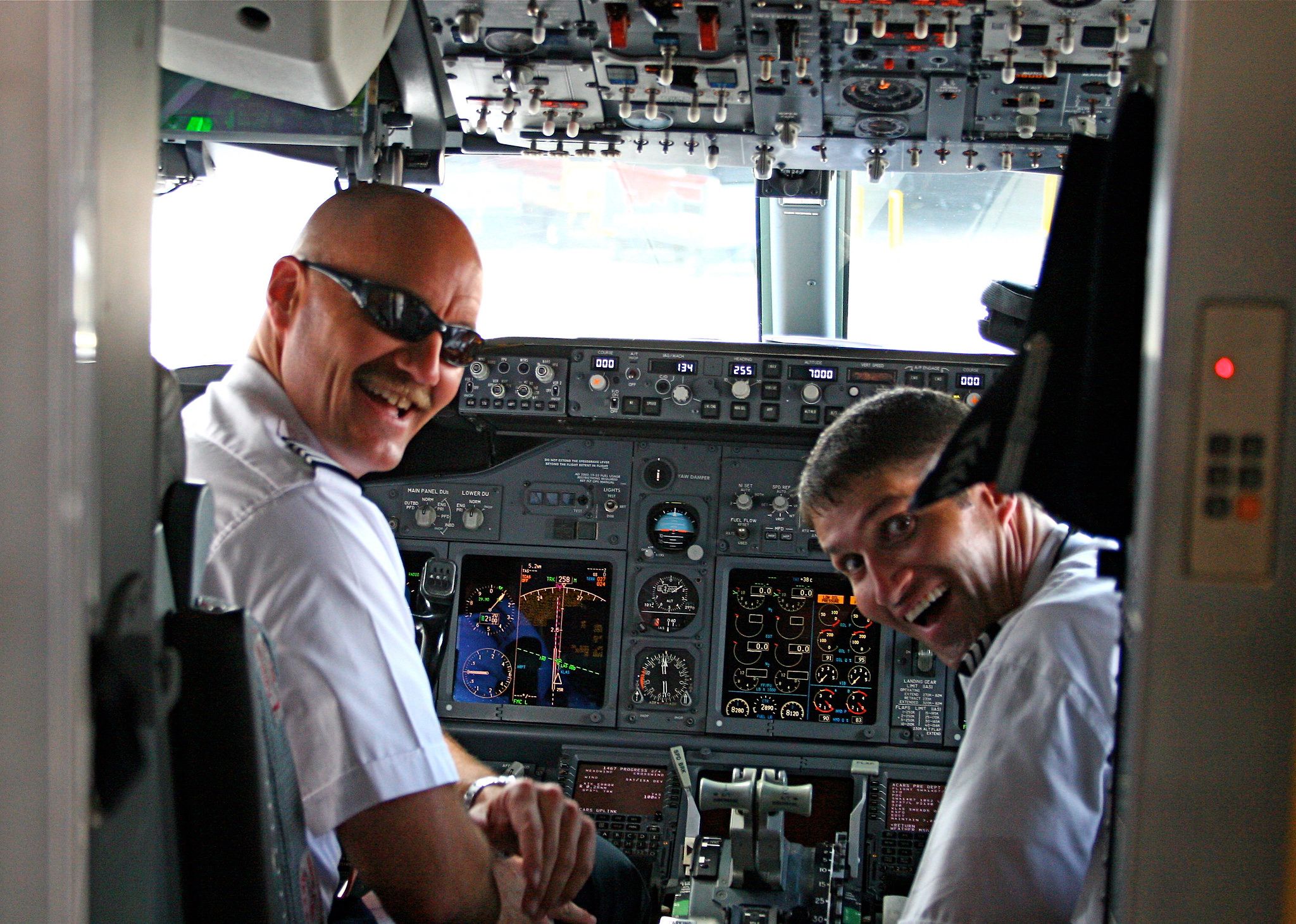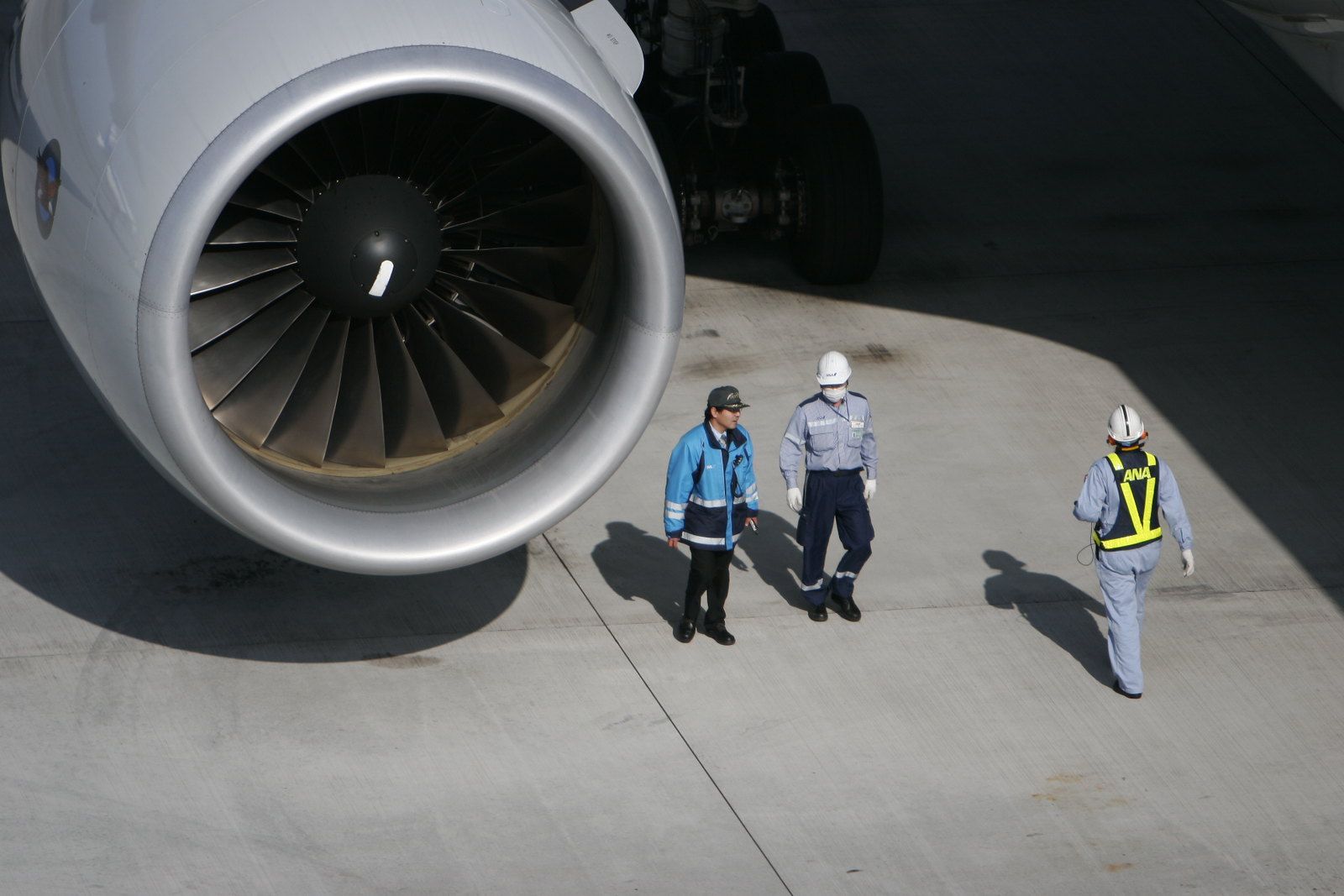Safety and security are critical in the aviation industry. In addition to high standards for aircraft certifications, pilot and mechanic training, and operational efficiencies, comprehensive background checks are required for a wide array of individuals involved in aviation-related activities. From pilots to flight attendants, mechanics to airport personnel, this screening process serves as a cornerstone in cultivating a reliable and secure aviation workforce.
Preserving safety through background checks
The aviation background check is more than just a procedural step; it is a linchpin in risk mitigation and a barrier against individuals with dubious pasts who could compromise the sanctity of air travel. The primary goal is to unearth potential threats, criminal affiliations, or any patterns that could potentially jeopardize aviation safety.
Rigorous background checks are not merely part of employer-mandated onboarding processes; they are required by aviation authorities worldwide and are thus intertwined with the recruitment process for many positions. Everyone from pilots to top-level executives are subject to government-required background checks in the aviation industry.
Key elements
While specifics of aviation background checks vary across countries, regulatory authorities, and roles within the industry, certain core elements run throughout all of them. Identity verification ensures that an applicant's information aligns with their true identity. Criminal history checks uncover past legal entanglements and may reveal patterns that could disqualify a person from specific roles.
Employment and education verification substantiates claims made by candidates about their qualifications and helps ensure an applicant is qualified for the type of work they intend to perform. Some background checks even include a financial history check, essential for positions involving sensitive information or financial responsibilities. In specific cases, security clearances from governmental agencies may be necessary for more extensive background investigations.
Want answers to more key questions in aviation? Check out the rest of our guides here!
Navigating the Aviation Background Check Process
Executing aviation background checks involves regulatory authorities like the Federal Aviation Administration (FAA) and the Transportation Security Administration (TSA) in the United States, as well as individual employers tasked with hiring and screening their workforce. The process begins with completing an application and providing written consent by individuals undergoing checks. This authorization empowers prospective employers or regulatory authorities to initiate the screening process.
Information gathering ensues, involving the collection of personal details, employment history, educational credentials, and other vital data. Subsequently, the collected data undergoes rigorous verification, including contacting past employers, educational institutions, and even law enforcement agencies. Fingerprinting might also be utilized to ensure accurate identification and comprehensive criminal record searches.
With verified data in hand, a review and assessment phase follows. This evaluation considers factors such as criminal history, validation of employment and education, financial stability, and other pertinent aspects. Based on the comprehensive assessment, a verdict is reached regarding the individual's suitability for the aviation role the candidate seeks. Successful candidates receive the green light to operate within the industry. In instances mandating security clearances, the final decision rests with the relevant government agency.
Crucially, background checks aren't confined to a one-time event. In some jurisdictions, aviation professionals remain subject to ongoing monitoring and periodic re-screening, reinforcing the commitment to sustained eligibility and adherence to stringent safety and security benchmarks. Some background checks are also required before ever applying for any job, as some are often necessary to become a licensed pilot in the first place.
Do you think background checks used by major aviation authorities are appropriate and sufficient? Let us know in the comments below.
Source: Aerotime



